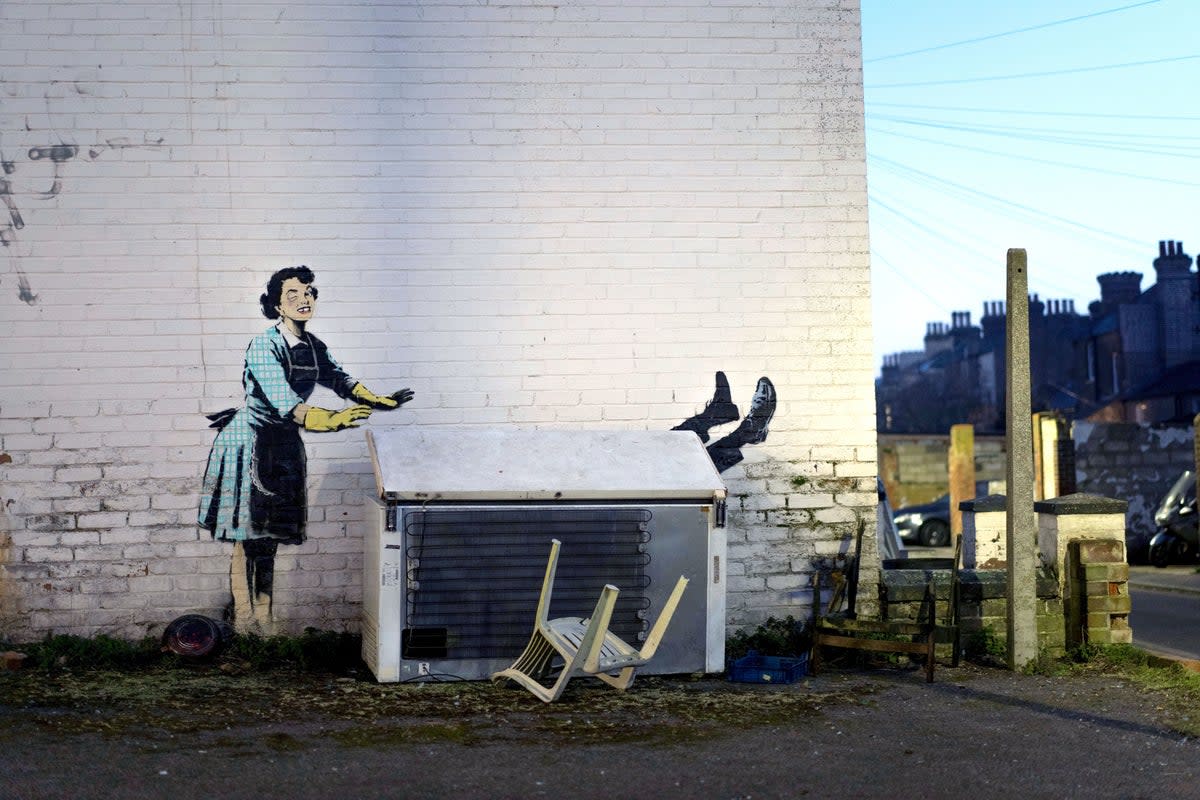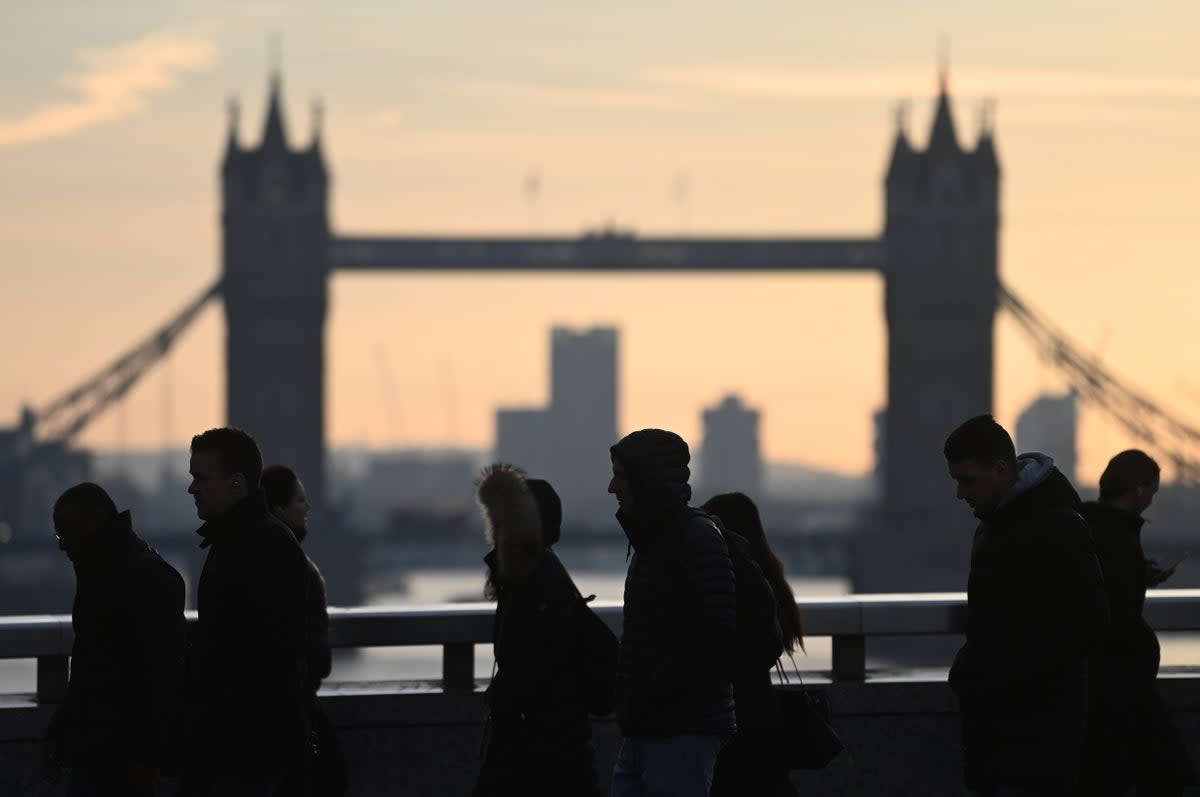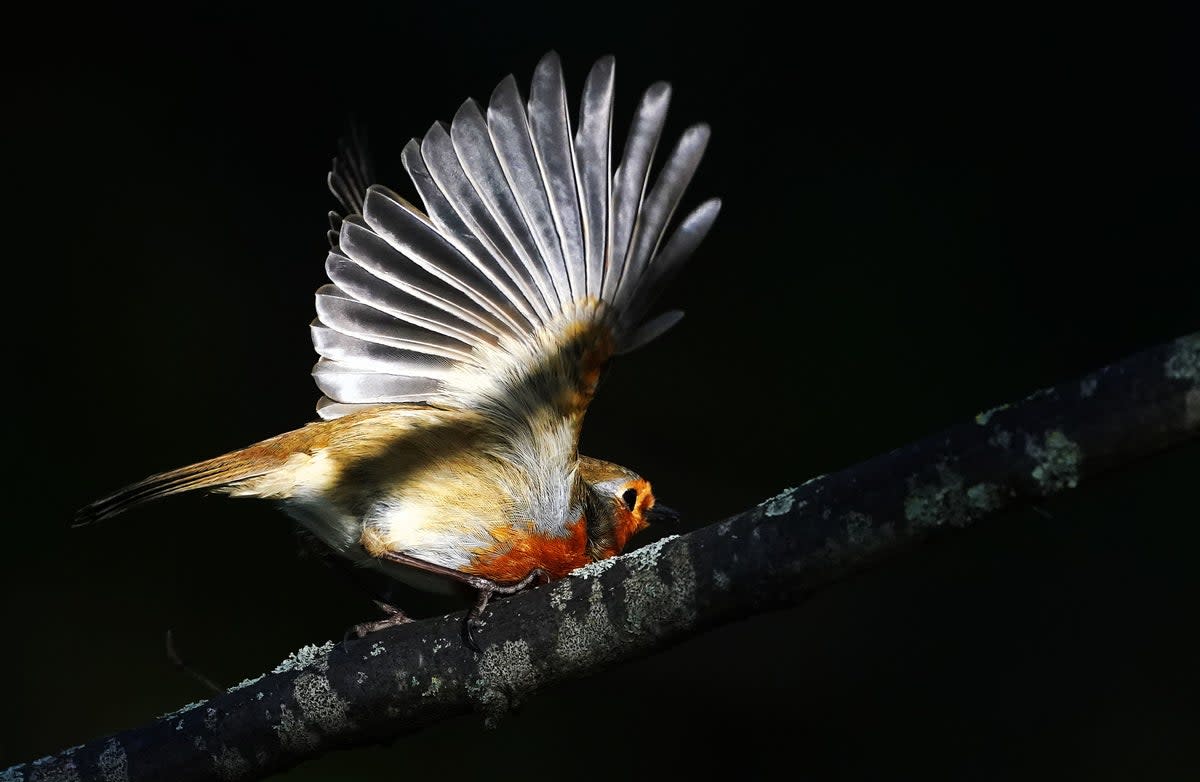Government’s anti-strike bill violates democratic norms, European trade unions warn

European trade unions representing more than 20 million workers have urged the government to drop its plan to ban all-out strikes in some public services.
The unions – from Germany, France, Spain and Italy – say the rules on “minimum service levels” will drag the UK further away from democratic norms and risk violating international law.
Ministers have repeatedly argued that their plans are justified because other countries around Europe have similar rules during stoppages. But British trade unions say they will poison industrial relations and are probably illegal.
Now nine of western Europe’s biggest trade union confederations have signed a joint statement warning that Britain already has the “most draconian anti-union laws in the democratic world” and that the plan will “put the UK even further outside the democratic mainstream”.
The intervention comes ahead of another round of national strikes this week, with Border Force staff, ambulance workers, university staff, and teachers all due to walk out.
Nurses will strike again the week after, while railway workers across 14 train operating companies are planning four separate days of stoppages between now and the beginning of April.
The wave of strikes has largely been prompted by pay offers that will leave the workers taking real terms pay cuts against a backdrop of soaring inflation.
The statement by the European trade unions says the UK industrial relations context is very different from their own because of existing UK anti-strike laws.
“We, the undersigned, representing millions of workers in France, Germany, Italy, and Spain, reject the claim by the UK government that the Strikes (Minimum Service Levels) Bill brings the UK into line with ‘European norms’,” they say.
“The fundamental right to strike is protected by constitutional and other means in all other advanced European democracies. The UK, which has the most draconian anti-union laws in the democratic world, is already an outlier in this regard.
“More restrictions on the right to strike only drag the UK further away from democratic norms, risk violating international law, and tarnish its international reputation. We endorse the ETUC [European Trade Union Confederation] statement which makes it clear that these proposed anti-strike laws put the UK even further outside the democratic mainstream.”
The statement, signed by Germany’s DGB, Spain's CCOO and UGT, France's CFDT, CGT and FO, and Italy’s CGIL, CSL, and UIL warns that imposing minimum service levels in a UK context “would aggravate and prolong disputes”.
“We are particularly concerned that workers will be required to work under threat of dismissal when they have voted to take part in a legitimate ballot for industrial action,” they say.
“Unlike workers in the UK, workers in Spain, Italy, France and Germany enjoy the protection of national sectoral collective bargaining agreements setting minimum standards on workers’ rights for whole industries. These agreements are underpinned by the freedom to take strike action without disproportionate restrictions.”
A UK government spokesperson said ministers wanted to strike a balance between the public’s right to strike and their right not to be affected by strikes.
“The purpose of this legislation is to protect the lives and livelihoods of the public and ensure they can continue to access vital public services, by applying minimum levels of safety and service during strikes,” the spokesperson said.
The new rules preventing services from shutting down completely during stoppages would probably apply to many of those sectors walking out next week, including nurses, ambulances, transport, and border security.
Esther Lynch, an Irish trade unionist who is the general secretary of ETUC, described the UK government's proposals as “draconian”.
“The claim that restricting the right to strike would bring the UK into line with ‘European norms’ would be laughable if its consequences for democracy and working people weren’t so grave,” she said.
“The UK’s draconian restrictions on the right to strike are part of an antagonistic approach to industrial relations which has produced the biggest social conflict in a generation.”
UK news in pictures











Ms Lynch said that bringing UK industrial relations into line with European norms would entail introducing sectoral collective bargaining, as is the norm on the continent – 60 per cent of workers in the EU are covered by such agreements, compared to just 26 per cent in the UK.
Paul Nowak, who replaced Frances O’Grady as general secretary of the TUC at the end of 2022, said the government was attacking the right to strike “in broad daylight” and that the bill should be dropped.
“The legislation is undemocratic, unworkable and almost certainly illegal,” he said. “The UK already has some of the most restrictive anti-union laws in Europe. That’s why major unions in France, Spain, Germany and Italy have slammed this draconian bill.”
The bill is currently going through parliament and passed its second reading in January by 309 votes to 249. Labour deputy leader Angela Rayner described the legislation as “a vindictive assault on the basic freedoms of British working people” and said it was “at once so irrational and so insulting”.
